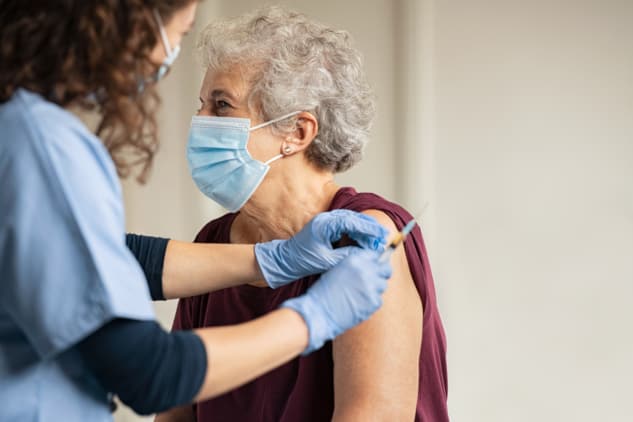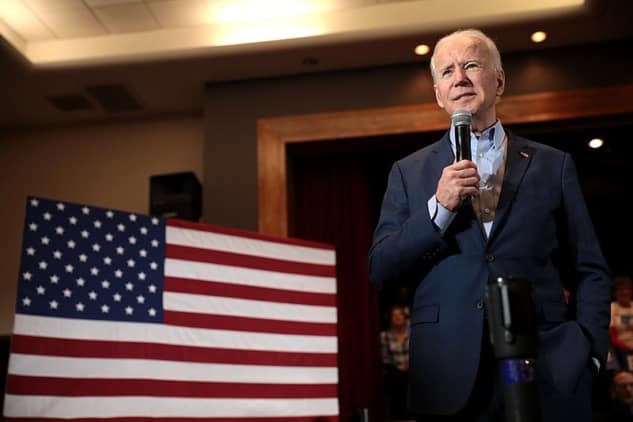
President Biden’s COVID $1.9 trillion relief package should be a relief to seniors, who stand to benefit from some of its key provisions. On Friday morning, the Senate passed a budget resolution (51-50, with Vice President Harris breaking the tie) launching the COVID package on its journey through the budget reconciliation process. A few hours later, the House adopted a budget blueprint with instructions for congressional committees drafting relief legislation.
By using the reconciliation process, the Democrats’ final bill can pass the Senate with no risk of a Republican filibuster – placing it on a fairly straight path to the President’s desk for signature. Democrats say they would like the relief package to be enacted no later than mid-March, when enhanced unemployment benefits expire.
The COVID package will contain billions of dollars for vaccine distribution. That should be welcome news for seniors, many of whom are still awaiting vaccination due to shortages and inefficiencies in the distribution process. As NPR reports:
“With millions of older Americans eligible for COVID-19 vaccines and limited supplies, many continue to describe a frantic and frustrating search to secure a shot, beset by uncertainty and difficulty.” – NPR, 2/4/21
The relief package also includes $1,400 stimulus payments (in addition to the $600 in the previous legislation). The extra money should help eligible older Americans on fixed incomes struggling to stay financially afloat during the pandemic.
There also is good news for the Medicaid program, which pays for the lion’s share of seniors’ long term care services and supports. The COVID relief package extends an additional 6.2% in federal Medicaid matching funds contained in last year’s bill through the end of 2021.
The proposed package contains $9 billion in dedicated Medicaid funds for home and community-based care. We and other seniors’ organizations encourage elder care outside of nursing homes in favor of home and community settings, which can offer better physical and mental health outcomes for older patients.
“Home and community-based care is significantly less costly than nursing home care. What’s more, seniors are more likely to thrive when they are able to remain in their homes and communities — with familiar surroundings and more frequent interactions with friends and family.” – National Committee president and CEO Max Richtman, 7/13/20
The legislation now being shaped on Capitol Hill also will include several hundred billion dollars in aid for state and local governments. That’s good for seniors as state and local governments expend money on their behalf, including Older Americans Act programs. Seniors also stand to benefit from the infusion of federal funds that states and localities may use for everything from Medicaid to police and fire services.

President Biden pledges not to budge on amount of $1,400 stimulus payments
President Biden’s relief plan featured a $15 per hour federal minimum wage, which would boost the income of seniors working in retail and service jobs. However, it’s not yet clear that the minimum wage provision meets rules governing the reconciliation process – or whether it will garner enough Democratic votes to pass the Senate.
COVID relief legislation will no doubt undergo changes as it moves through committees and onto the floor of each house of Congress. President Biden has so far stood firm against Republican attempts to reduce the $1.9 trillion price tag, but has signaled flexibility on precisely who is eligible for stimulus payments. The President said on Friday that he will not budge on the $1,400 stimulus payment amount, and pledged to get “money directly in people’s pockets” who need it most.


